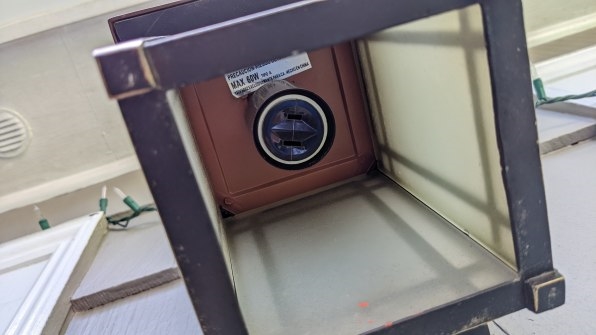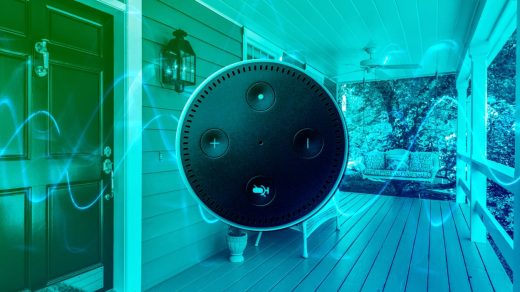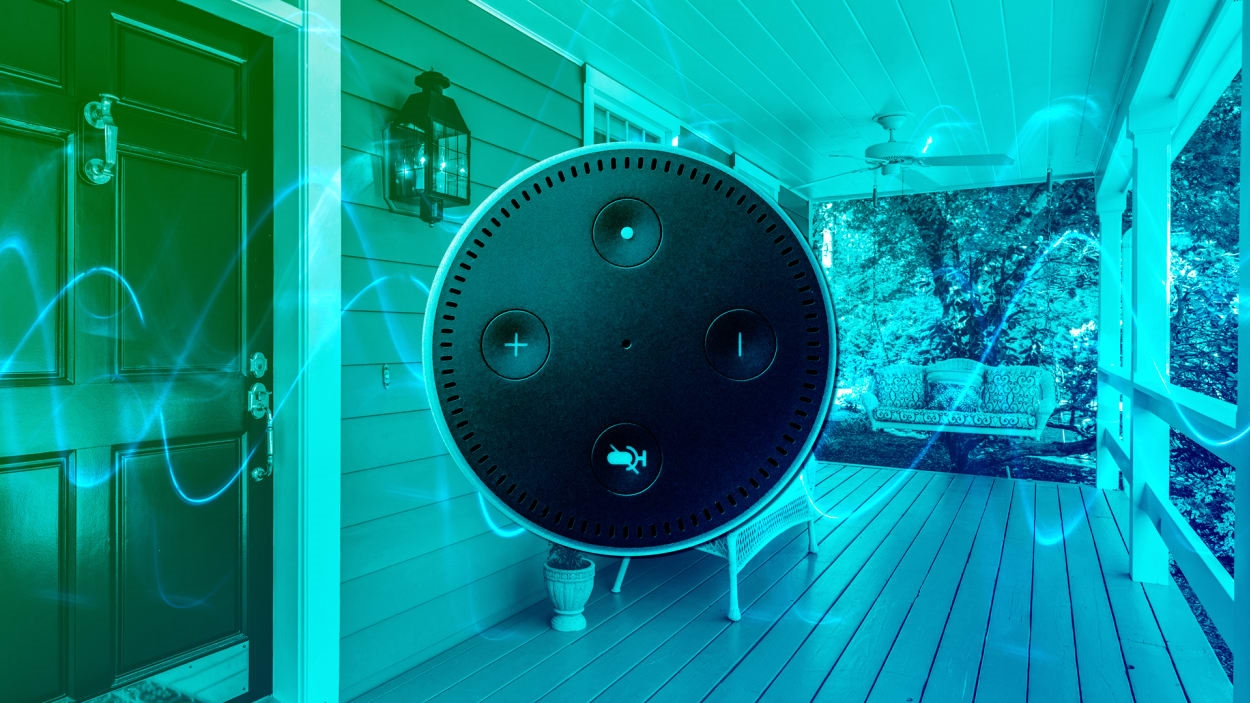How to build a wireless outdoor smart speaker for less than $50
If necessity is the mother of invention, then frugality and ingenuity must at least be second cousins.
This story starts back in 2018 when yours truly finally moved to the suburbs after grinding it out in Boston for 14 years.
My three favorite things about my home are the driveway, the garage, and the deck. The deck needed tunes, though, and my desire for an expensive wireless speaker was diametrically opposed to my desire to not spend money.
I made do by streaming music from my phone to a Bluetooth speaker for the first summer, but the problem with Bluetooth is that once you walk away, the music sputters out and dies, leaving your guests longing for the smooth sounds of yacht rock.
There’s also the issue of constantly needing to make sure the speaker’s charged up, and either paying more for a waterproof speaker or having to move the speaker inside every time it starts raining or snowing.
I then turned my attention to Sonos, which doesn’t need a constant connection. But, its speakers start at a whopping $200, and there’s still the issue of how to leave one outside without it getting damaged by the elements. There had to be a better, cheaper way.
Spoiler: There is. Here’s how I did it.
Measure twice, order once
The heart of the system here is an Amazon Echo Dot or a similar size smart speaker. The current generation Echo Dot is much too large, so we either need a $30 third-generation Echo Dot (which measures 3.9 inches across) or a $20 second-generation Echo Dot (which measures 3.3 inches across). Yes, the Google Nest Mini is also 3.9 inches across but also more expensive.

Why the size restrictions? Well, we’re going to be housing the speaker inside an outdoor lighting sconce, which is designed to protect a lightbulb from rain, sleet, snow, and wind. If a third-gen Echo Dot will fit, great. They sound better than the second-gen version, anyway, and only cost about $10 more.
So, yes, you’re going to lose a lightbulb in exchange for hands-free, voice-controlled, streaming music.
Provide the power
Of course, we’ll need to run power to the speaker. To do that requires a light socket-to-outlet adapter. I got a two-pack for $5.
Remove the lightbulb and then screw the adapter into its place. Congratulations, you now have a two-prong power outlet living inside your sconce.

Now, there are two additional, optional items you can use to tidy this setup a bit. If you want to use the Echo Dot’s bulky power adapter and bunch up its long power cable, fine.
But I opted to use a tiny, iPhone-like power cube—this one costs $5—and a 6-inch micro USB cable, which is also $5.
Connect it all together
So, the lightbulb-to-power adapter screws into the light socket, the little USB power cube then plugs into the power adapter, the 6-inch USB cable then plugs into the cube, and finally, the Echo Dot plugs into the USB cable.
A quick whiff of ozone later, and you’ve got yourself a fully powered, hands-free, outdoor smart speaker.

Though I live in the Northeast, I keep mine plugged in year-round. It’s survived hurricanes, snowstorms, 100-degree days, and frigid winters. The only downside is that the audio quality is only so-so. If you’re an audiophile, this probably isn’t going to work for you. If you just want tunes, however, you’ll probably be happy—and the entire setup process takes about five minutes.
Total bill: $20 to $30 for the Echo Dot, depending on the version, then around $15 for the adapter, plug, and cord. Enjoy!
(29)



